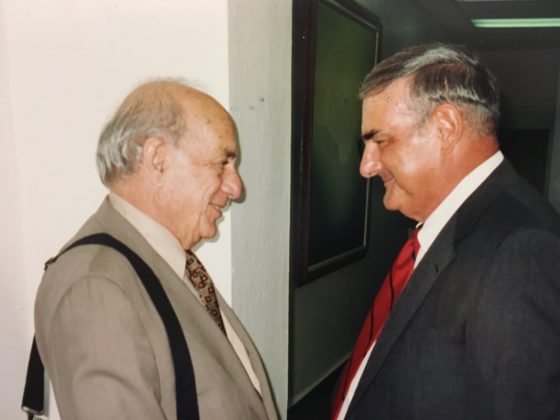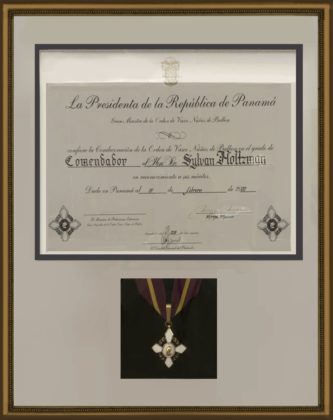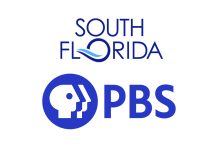Many international news stories have had their genesis in Miami. While some make headlines, the impetus for others germinates quietly, leading years later to major events .
One of these is the U.S. military intervention that overthrew Panama’s de facto ruler Manuel Noriega 30 years ago this week – an event that not only changed the history of Panama, but gave hope to other Latin American residents in South Florida.
While the Mariel boatlift, Metrorail and Miami Vice dominated the news in the early 1980s, a small group of Panamanian exiles and Miami businessmen set out the course that resulted in the 1989 liberation of Panama.
It started with Miami attorney Sylvan “Sonny” Holtzman, who served on the board of directors of Dadeland National Bank, a bank owned by expatriate Panamanians. They wanted to return to a democratic Panama and asked Holtzman for advice.
Holtzman went to work. He first put together the bank’s chairman, Carlos Rodriguez, with U.S. Senator Lawton Chiles in a meeting at Grove Isle.
Chiles took great interest in the cause and committed to bringing it to the attention of the full Senate. But much more needed to happen.
Holtzman then arranged a meeting between the Panamanians and Jorge Mas Canosa, the chairman of the Cuban American National Foundation at Mas’ Pinecrest home.
The Foundation had been instrumental in convincing the U.S. government to create Radio Marti and carried influence in Washington.
“Jorge gave them a lesson in ‘Lobbying 101,’ Holtzman recalls. Holtzman, Rodriguez and other business leaders, including Roberto Eisenmann Jr., who eventually would return to a free Panama as publisher of the country’s largest newspaper, La Prensa, took Mas’ advice to heart.
Over the next five years they met with numerous senators, expressed their passion for a democratic Panama and lobbied for U.S. help. Noriega was infamous, not only for his ruthless control of the country, but for involvement in the drug trade.
The effort paid off. First, the Senate passed a resolution in support of the liberation of Panama. Then in December 1989, U.S. forces invaded Panama, arrested Noriega and restored democracy.
Noriega would spend the rest of his life in jail.
Now, 30 years later, Holtzman is talking about it for the first time.
With little fanfare, the government of Panama recognized Holtzman and Chiles for their contributions. In 1990, Holtzman was named honorary consul of Panama in Miami. In February 2000, President Mireya Moscoso awarded Holtzman and Chiles the country’s highest honor to a non-citizen, the Vasco Nuñez de Balboa decoration of Grado de Comendador for “contributions to the restoration of democracy.” Chiles, who died in 1998, was awarded posthumously with his children accepting the medal.
“I’m very proud of what we accomplished. The U.S. intervention allowed Panama to return to democracy and rebuild the business community. It’s an example of what can be accomplished with dedication, perseverance an unwavering effort,” Holtzman said.








